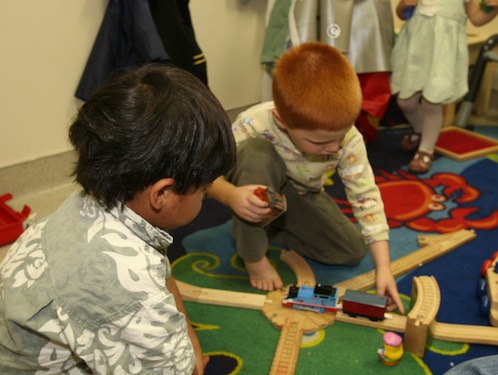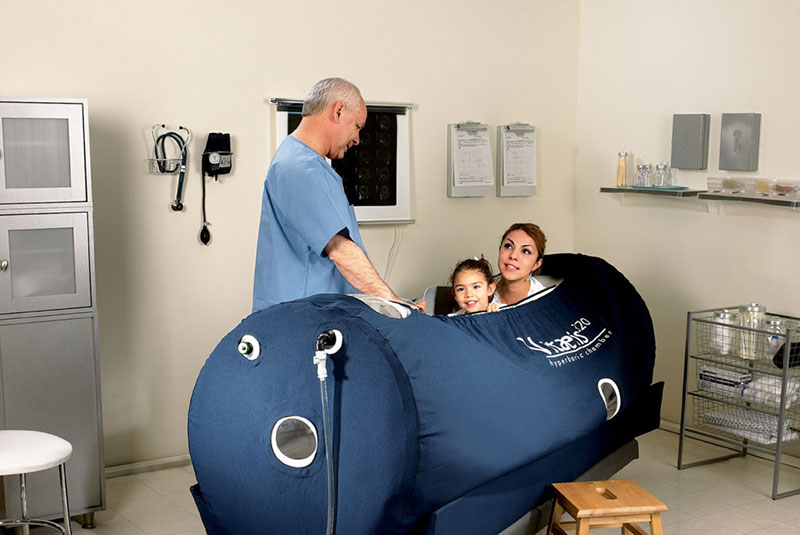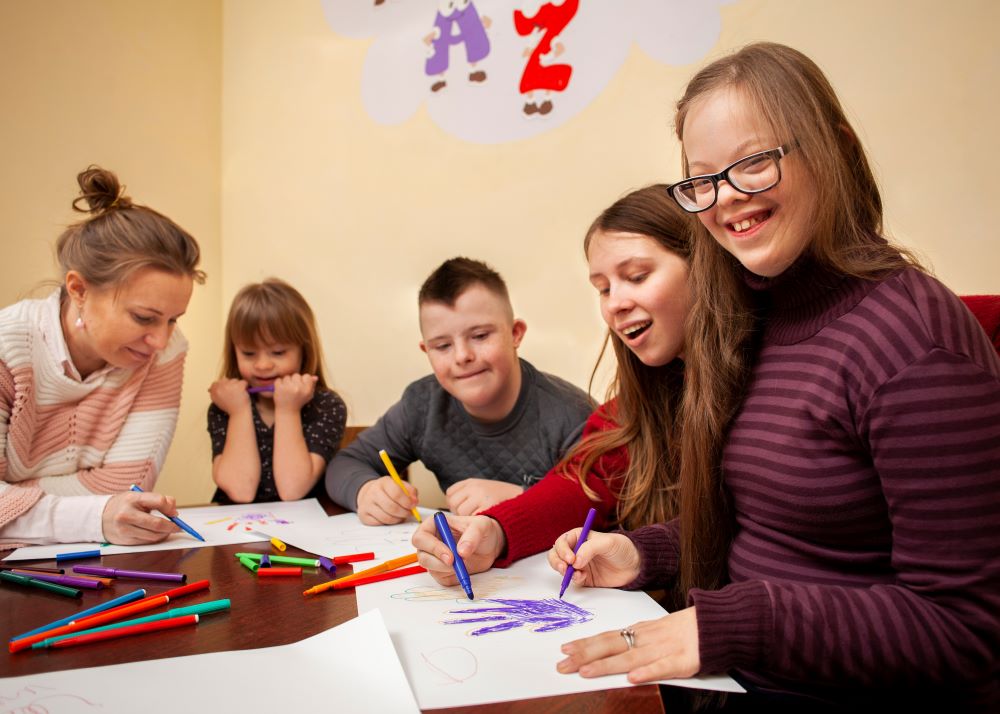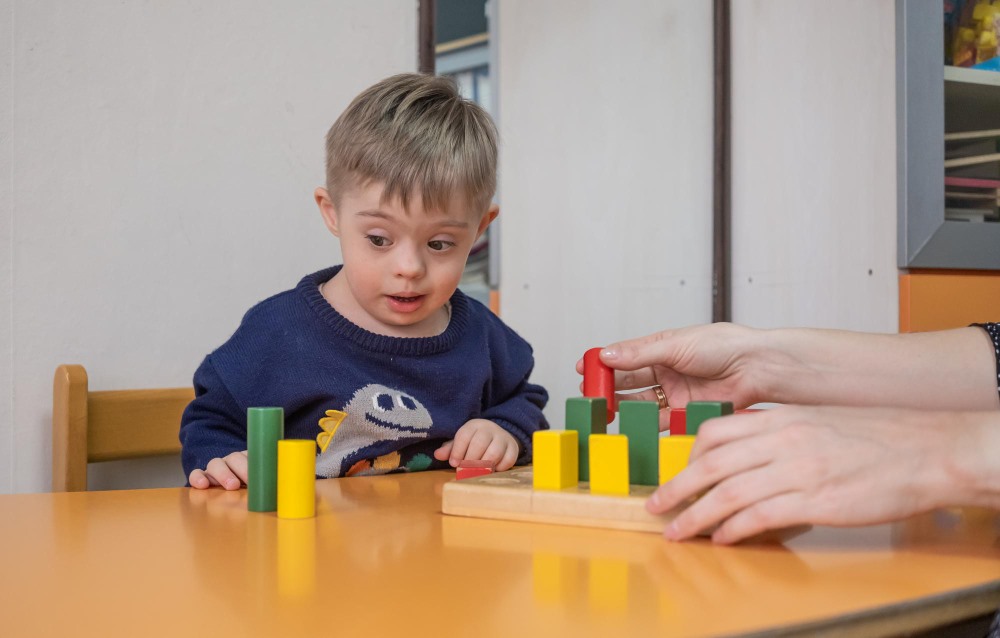Small children possess an incredible capacity to learn, absorb, and process an immense range of information. Their speech, cognition, social, and behavioral skills grow by leaps and bounds with each passing day.
Unfortunately, the same cannot be said for children suffering from Autism Spectrum Disorders. Compared to normal children who are very adept at picking up multiple languages simultaneously, autistic children may find it an uphill and challenging task.
What is Autism and How It Affects Regular Development
A neurodevelopmental disorder, autism affects the way the different parts of the brain communicate with each other, thereby severely impairing the speech, cognition and social skills.
With people increasingly migrating to different parts of the world, families are becoming more multilingual. It is a common view that for autistic kids who might already have some challenges in the linguistic skills, learning one more language apart from their native language might prove to be very challenging and stressful.
But recent studies seem to suggest otherwise. Being bilingual might actually benefit children with autism.
Autism and Language Skills
Until recently, it was suggested that the families of autistic children communicate only in one language to ease the stress on the children. But this may not be possible when the family has migrated from one country to another due to various reasons, making them bilingual or even multilingual.
This can become a challenge for those families, as therapists usually suggest them to stick to communicating only in one language to make it easier for the child.
In such a scenario, it becomes stressful for the whole family as they are not able to express, communicate or even bond in their native tongue. The child misses out on the emotional connection and bonding with their family, and their social and communication skills also suffer.
But contrary to popular belief, recent studies suggest that being bi or even multilingual can actually be beneficial to autistic children.
Being bilingual helps in the social function as it gives the child a better sense of self-identity, and they can now connect with their own ethnic heritage. They can bond and communicate better with their siblings, which helps them in social interactions with others outside the house.
Moreover, picking up a second or third language skill will help in activating more neurons and in building new connections in their brain. This leads to better cognitive and executive skills like better attention, mental agility, and self-control.
This may help to counteract the limitations that autism imposes on the brain of autistic children to a significant extent.
Research is still going on, and there is no scientific data yet to support the view that being bi or multilingual can be detrimental to the cognitive or linguistic development of a child with autism. In fact, some studies suggest that autistic children with bilingual capability tend to perform better in specific tests than children with ASD who are unilingual.
So, it is safe to say that the family of an autistic child can try and introduce a second or third language to their autistic child without any worry.
Conclusion
Until any conclusive evidence is furnished by the scientific community in this field, families and parents of autistic children can introduce and follow a multi-language environment at home. It might help in developing the lingual, social, cognitive and behavioral aspects of the child, without causing any harm to their development and growth.
It is important to remember that autistic or not, children are incredibly resilient and possess a high ability to adapt and learn.




